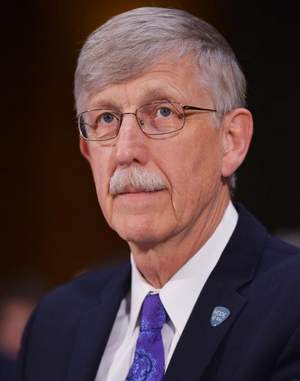Rediscovered: lymph circulation in brain
Patrick Monk, RN, forwarded an article by a University of Virginia publicist describing the discovery of lympathic vessels in the brain by Antoine Louveau, Jonathan Kipnis and colleagues at UVA School of Medicine. Louveau et al published their findings in Nature,which soon thereafter ran this letter, brought to our attention by neurologist Ethan Russo:
Forgotten findings of brain lymphatics
Antoine Louveau and colleagues describe lymphatic vessels in the central nervous system (Nature 523, 337–341; 2015), suggesting that “the unique location of these vessels may have impeded their discovery to date”. However, these findings are not without precedent.
The first description of a lymphatic circulation in the head was soon forgotten (G. Schwalbe Z. Med. Wiss. 7, 465–467; 1869), as were other early landmark experiments (J. B. Brierley and E. J. Field J. Anat. 82, 153–166; 1948). These included half a dozen seminal contributions in the 1960s from a Hungarian group led by the late neurologist Endre Csanda and lymphologist Mihaly Földi.
This group of researchers described the existence and significance of a lymphatic system in the central nervous system, stating that “in striking contrast to the textbook opinion, lymph drainage plays an important part in fluid circulation of the brain”. They identified “well-defined connections between the subarachnoid space and the cervical lymph system in the nasal cavity, in the orbita and in the region of the jugular foramen” (M. Földi et al. Angiologica 5, 250–262; 1968).
Perhaps old papers that are not available as online PDFs are easily overlooked in today’s literature searches, depriving many of our scientific predecessors of the recognition they deserve.
Éva Mezey National Institute of Dental and Craniofacial Research, Bethesda, Maryland, USA. Miklós Palkovits Semmelweis University, Budapest, Hungary. mezeye@nidcr.nih.gov
Tod Mikuriya, MD, would have loved that last sentence —his line, exactly. It leaves unsaid the complementary fact that modern researchers are deprived of the information they deserve. (But we fill it in for ourselves.)
Russo commented, “Apparently, I’m not the only one trolling 19th century medicine for clues as to how things should be [investigated] today.”




